Q: You said, "We've got to be able to handle the big games." It doesn't get much bigger around here …
|
|||||||||||||||||||
Coughlin: "Don't even call it a big game, call it a game of significance. You're a one-game leader in your division, okay? And you play out of character, alright? So my thing is, I was asked the other day, 'It sounds like you thought you were going to Philadelphia, that you had built some momentum with your three wins in a row and that you expected to win?' Yeah, I expected to win. I expected to play well and win. The idea for us is to get better every week, get better every week. So what do we do? We take the ball down the field, eight plays, 80 yards, take the ball down the field, we have one turnover. Was the sky going to fall? No, it's not going to fall. And then the dumb plays. The roughing the passer, the fourth-and-two. You have to know running into the punter is a first down, it's not automatic, but within five (yards to go, it is). You go for it hell bent for leather, no doubt, but these things, they add up. Throwing the interception for a touchdown. Just throw it away, throw it away, we'll play again. Second-and-one, third-and-one, fourth-and-one - those things contribute, but it's a game about mental toughness. It's a long game for that reason. To have four turnovers and no points off of turnovers, what is that all about? The frustration just comes pouring out of you."
Q: Several times this week, you have listed specific plays that could have made a difference - the interceptions, the fourth-and-one (that was stopped short), the fumble, penalties. How often do you have to remind the players, "You never know which play in the game is going to be the decisive one?"
Coughlin: "I just did it again this morning on videotape. You look at where New Orleans was, they go down and miss a chip shot field goal and the score remains tied. They take the ball and score in overtime (to beat Dallas). 'So what, now what' is a phrase; they know what it means. It means, 'Hey, next play. Next play. Next play.' We didn't do that the other day. On offense, we didn't do that. We just didn't play the way we've been playing and, quite frankly, I was shocked by it. We go up to Buffalo and play like that, we come down here, we win a game (against San Francisco) in the last second. Where do these things come from and why at that point in time?"
Q: But the players have to realize that you never know which play is going to make the difference.
Coughlin: "Never. There's five plays. I've said it since day one, there's five in a game. You just keep playing. The point that I made with our team was you could be in the middle of the third quarter and they're giving us the ball, you can go win the game. What's the score? 24-7? Go win the game. How do you know that momentum won't turn exactly the other way as soon as you make a play? Well, you keep moping along doing nothing, basically, and then every time it looks like you're going to get in position, even at the end of the game, intentional grounding, now we lose a down. You can't play like that. It's too important. So that's where all that comes from, frustration. Do we remind them? We remind them so much they may be sick and tired of hearing about it. That's how important it is. Every play. We had not turned the ball over, we had one game where we had a (few) penalties. We had not been a penalty team. (In Philadelphia, we had) 14 penalties, 12 accepted. You can't win like that."
Q: This group responded to adversity previously this year after the 0-2 start. Does that give you confidence that the players will respond again?
Coughlin: "Yes, I expect they will. Yes I do, yes I do. Quite frankly, what happened down in Philadelphia is not the M.O. of this team. That's not the way they define themselves, it's not the way they've been playing."
Q: So you expect what you saw the other night to be an aberration?
Coughlin: "I expect us to fight our butts off, scratch with grit and scrappiness every inch of the 60-minute battle. That's what I expect. I expect us to play hard. I would like us to play smarter sometimes. There's no excuse for foolishness of some of the penalties, none."
Q: Speaking of which, you were unusually blunt when you talked about Damontre Moore the other day. He's obviously a young man with some talent, yet he has done some things to hurt the team, like the roughing the passer penalty the other night. As a coach, do you just keep harping on the same things with him or do you take another tactic? What can you do to get through to him?
Coughlin: "He's not a rookie anymore, he's been around here. And he knows. But as many times as you talk - he comes in, he's humble, he was responsive, but it gets away from him. So you just keep pounding away. He's a talented young man that needs to pay more attention to the professionalism of his job."
Q: In the second half the other night, the Eagles seemed to focus more of their defensive attention on Odell (Beckham Jr.). You don't want to force the ball to him, so what can you do in those situations?
Coughlin: "It wasn't just them. We still could have gotten the ball to him, I think. But it was more about their overall defense, that's what dictated it in that regard."
Q: But there are things you can do to try and get him--?
Coughlin: "Yes, but other people are singled up when that happens. Make a play, let's go."
Q: Cullen Jenkins has been a captain for five of the six games this season. He came here a couple of years ago as a respected veteran. Has he grown in stature since he arrived here?
Coughlin: "Yes, I think he has. He was also the second-highest vote getter (for team captain) on the defensive side of the ball. He's not a real talker, but when he does talk, they listen. He's obviously in a position of stature, because of his number of years in the league (12) and the outstanding way in which he's played the game. He can be of significance as a leader teaching younger players and being there. Here's the way I say it. I asked him after I spoke about yesterday, 'When do you need a leader? When adversity strikes.' That's what I'm hoping. He has said outstanding things both postgame and in meaningful, significant ways when it's had to be said."
Playmakers on Cowboys first-team offense, defense, and special teams, presented by Nike

QB MATT CASSEL
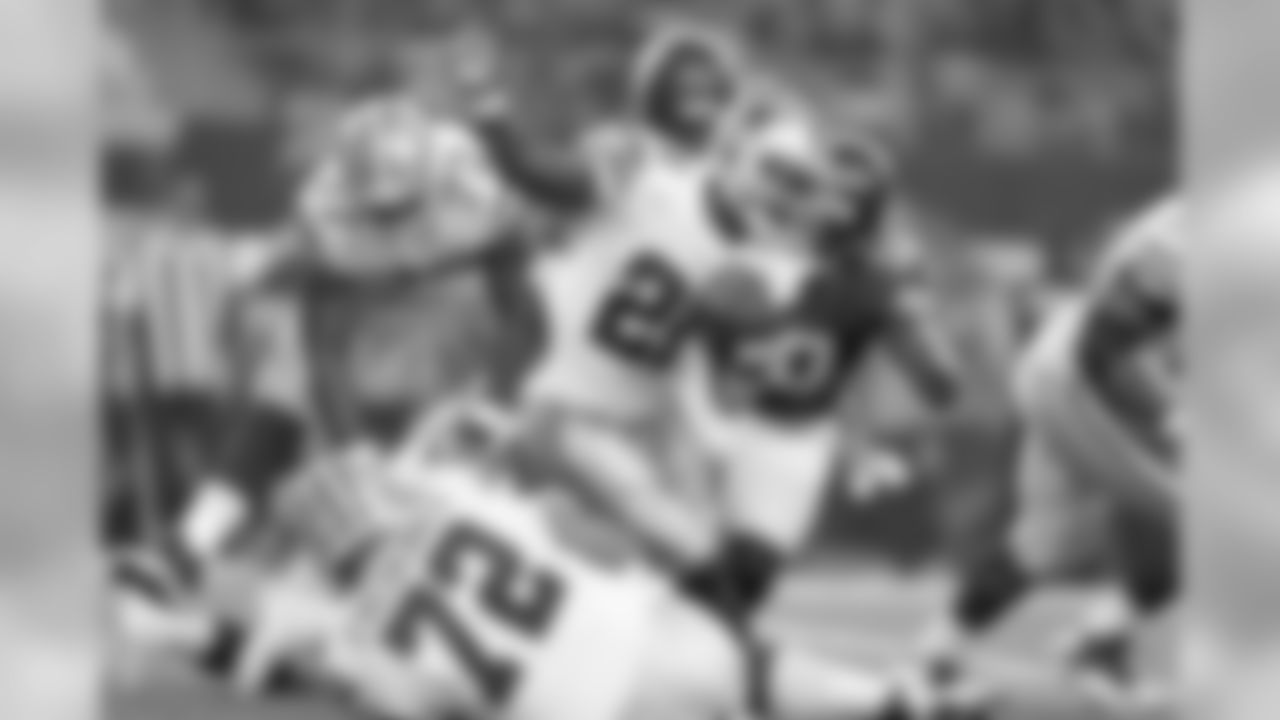
RB JOSEPH RANDLE
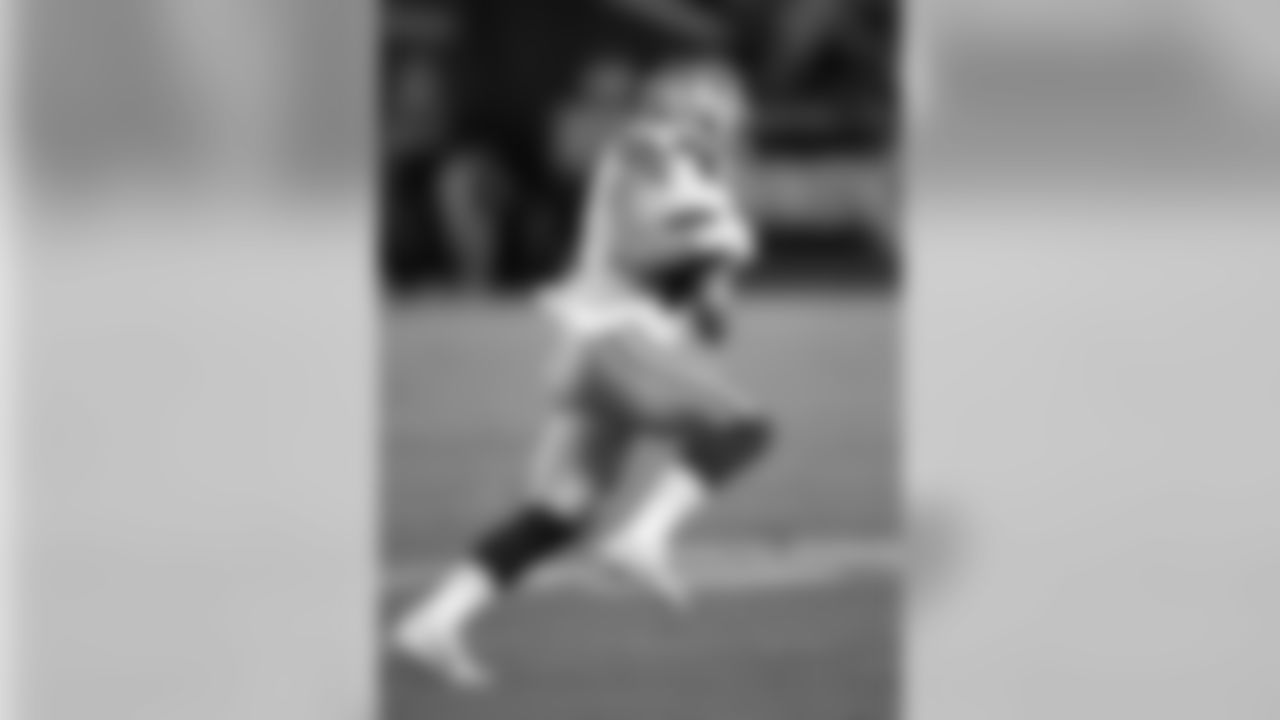
FB TYLER CLUTTS
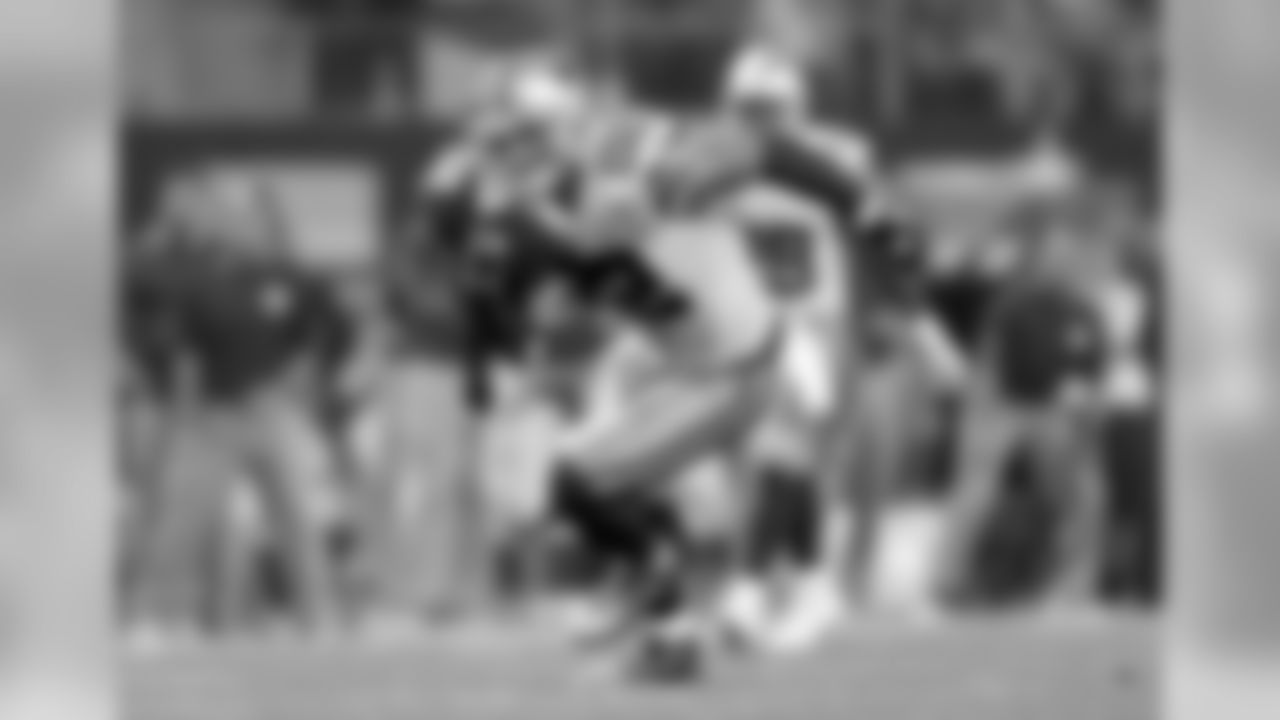
TE JASON WITTEN
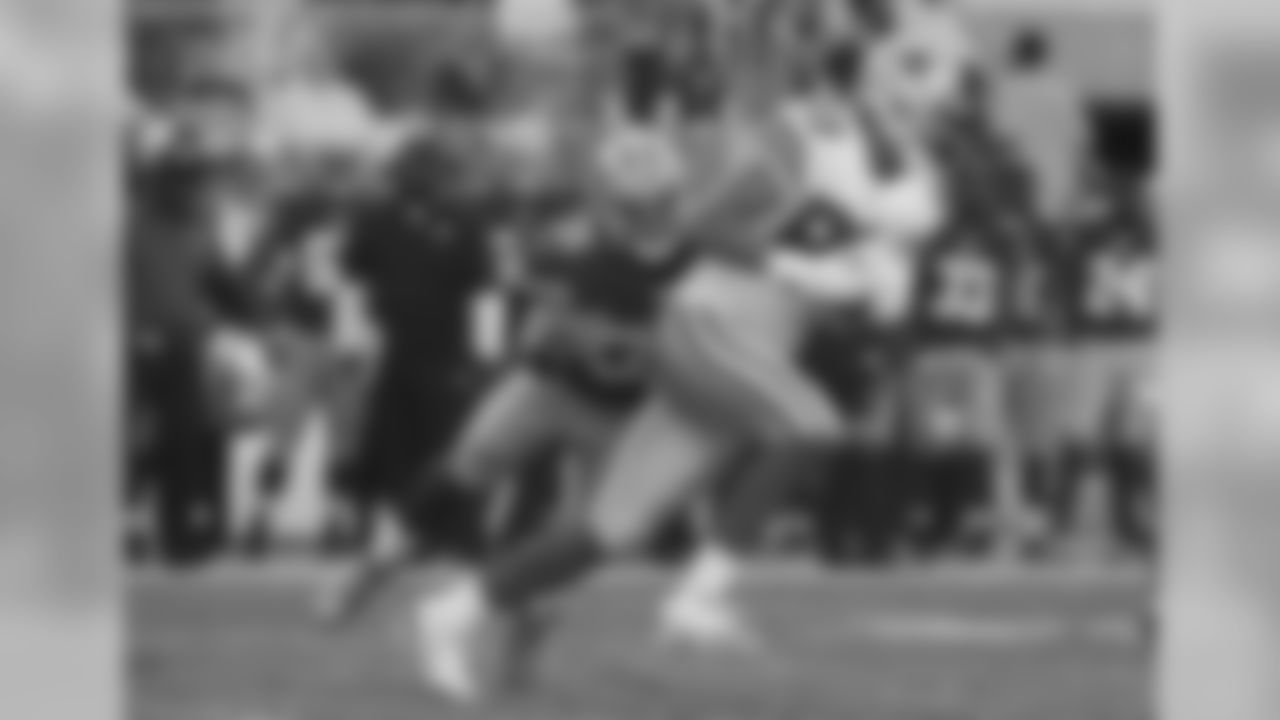
TE GAVIN ESCOBAR
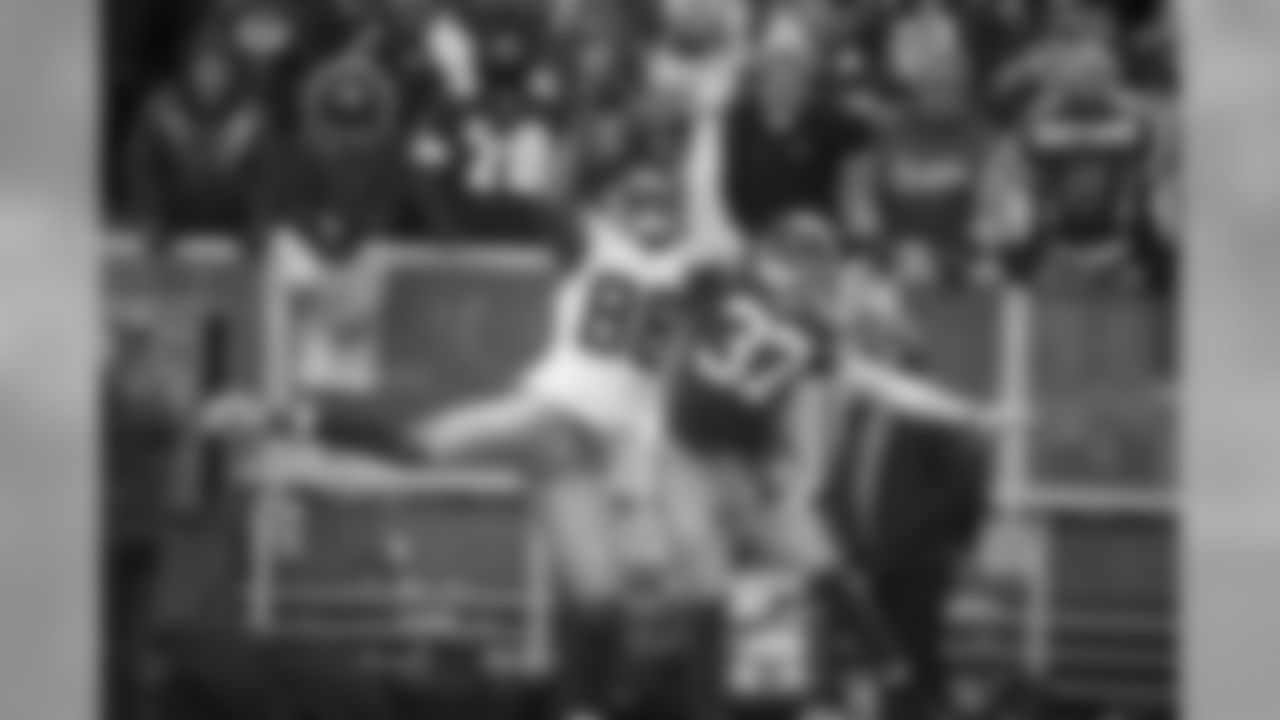
WR DEZ BRYANT
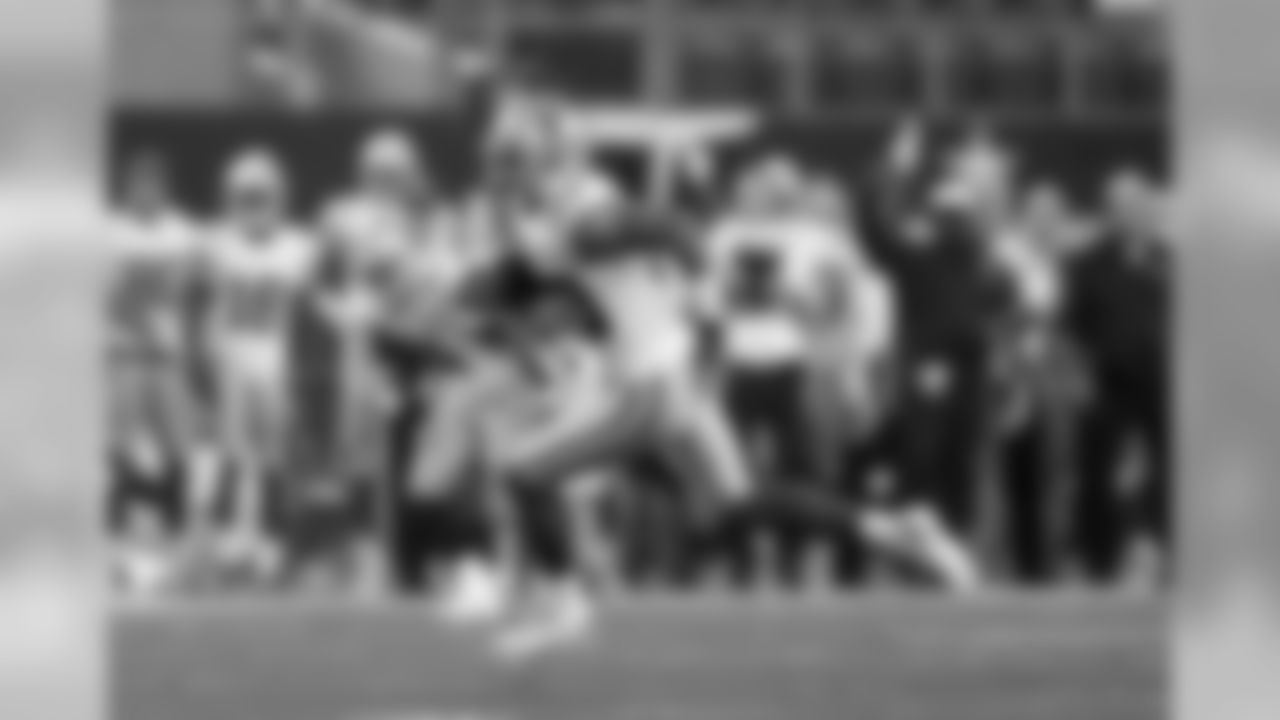
WR TERRANCE WILLIAMS
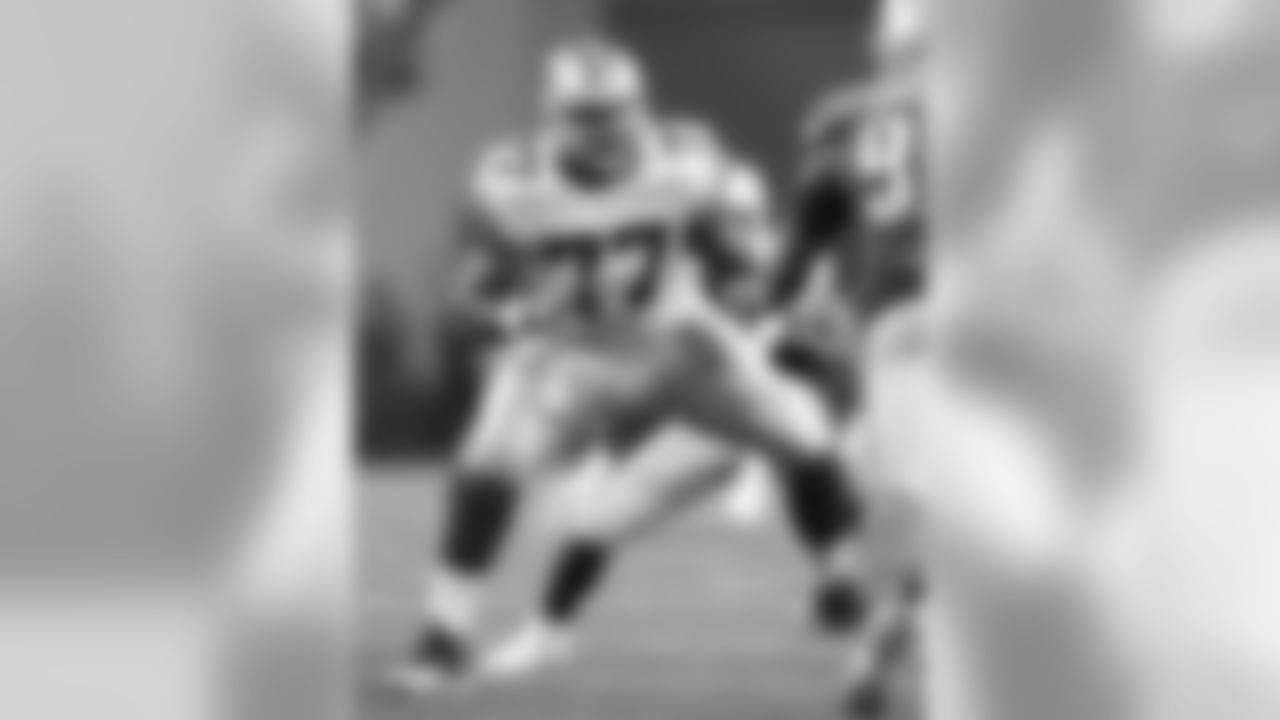
LT TYRON SMITH
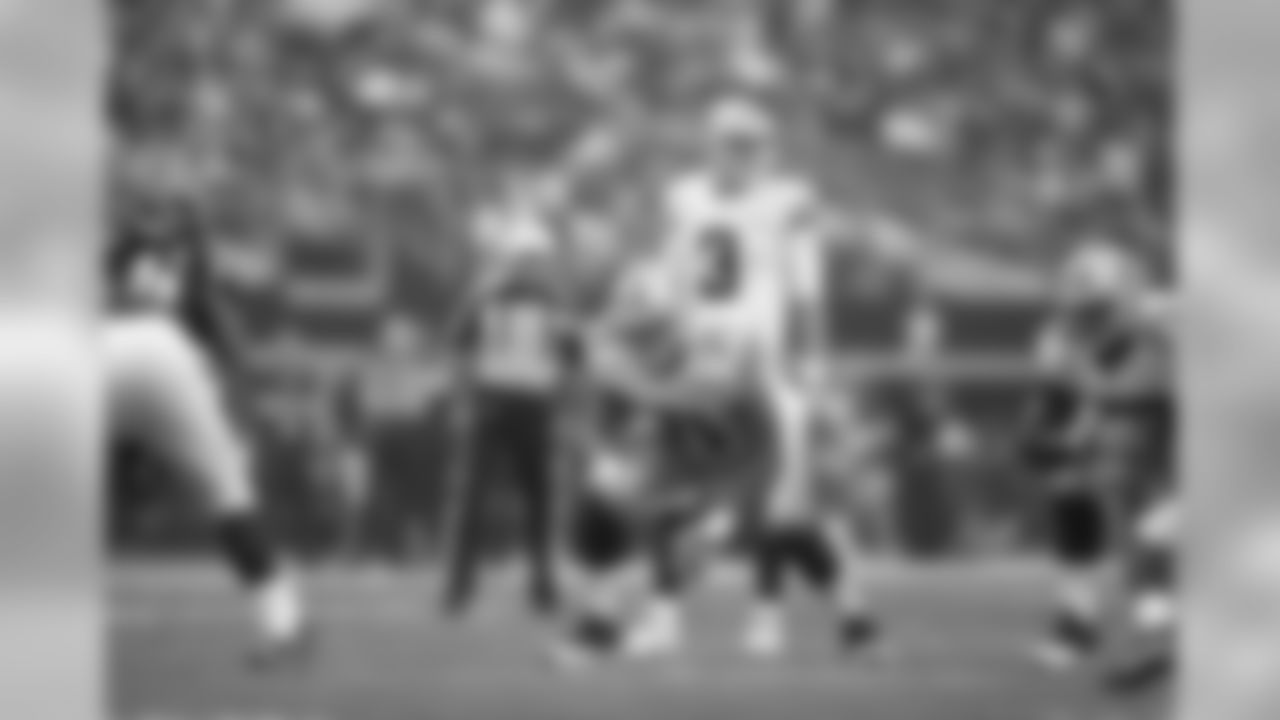
LG LA'EL COLLINS
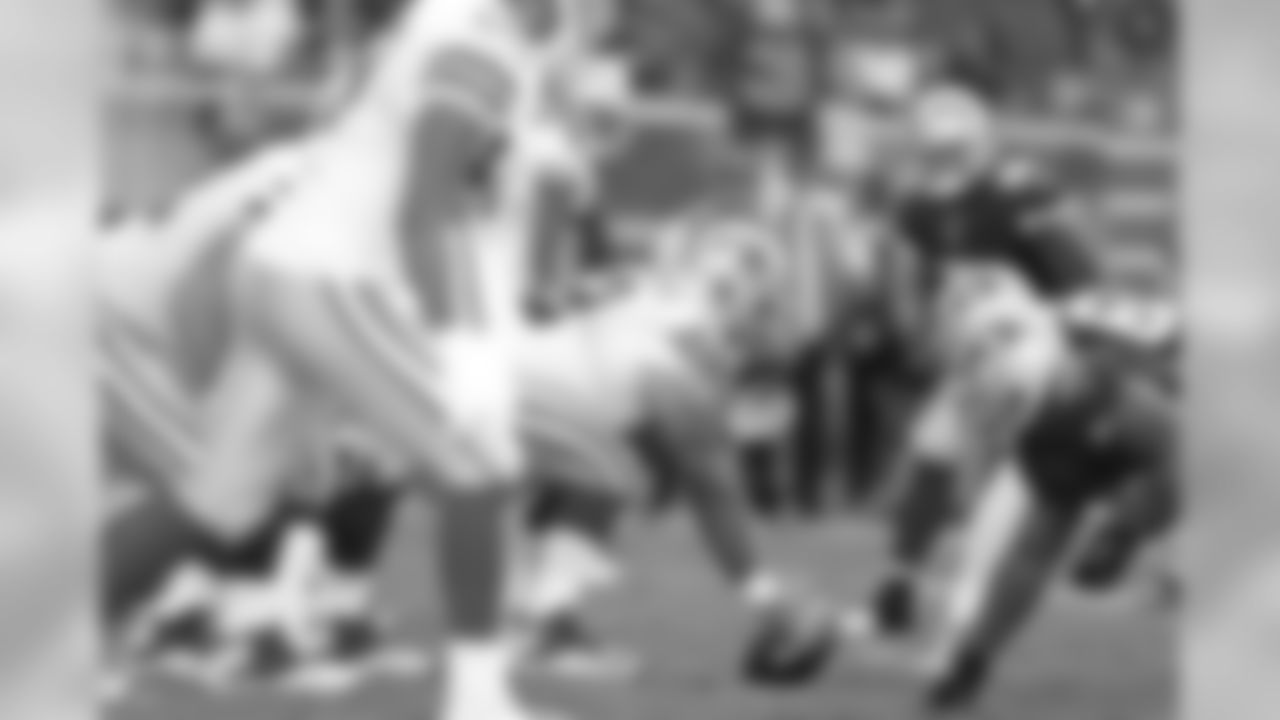
CENTER TRAVIS FREDERICK

RG ZACK MARTIN
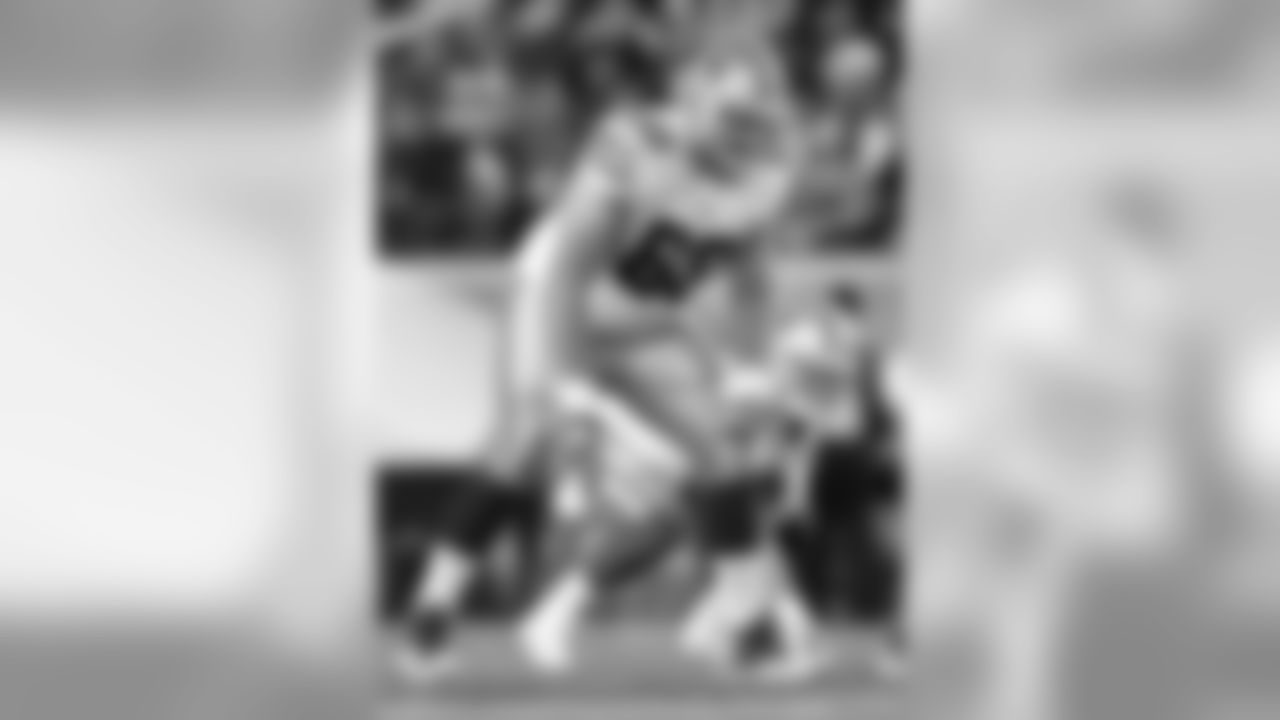
RT DOUG FREE
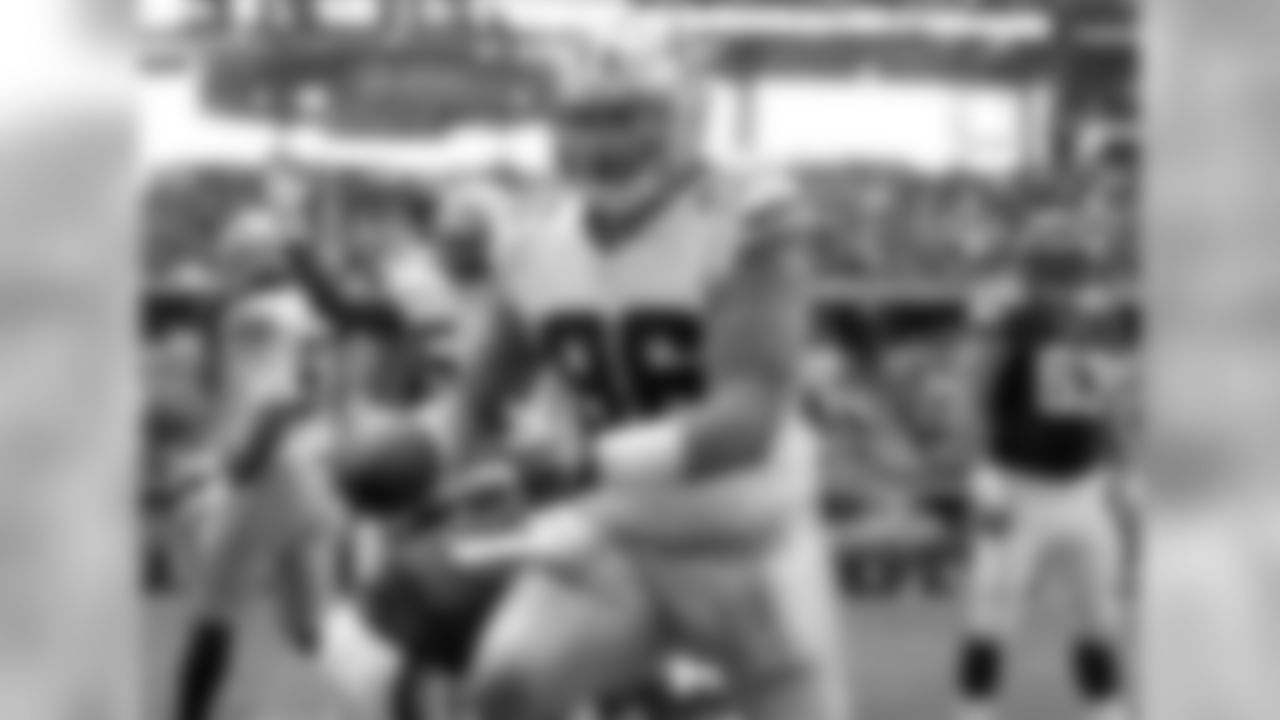
DT NICK HAYDEN

DE GREG HARDY

DT TYRON CRAWFORD
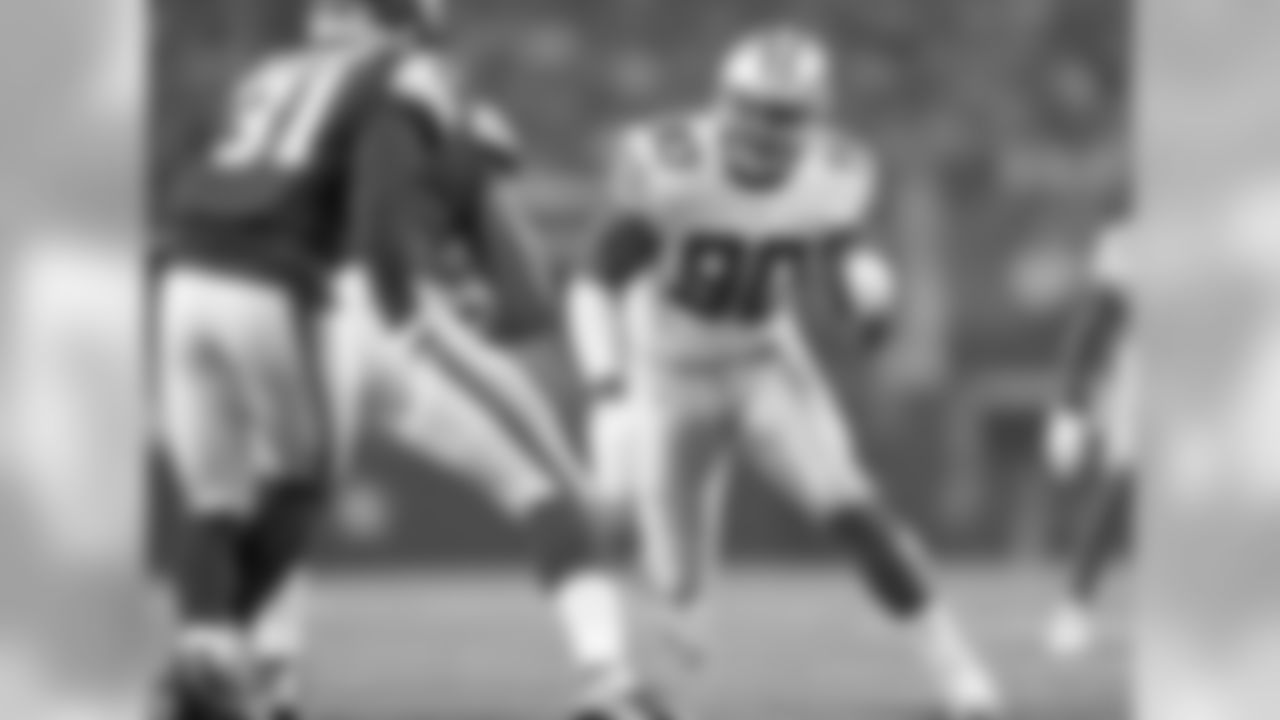
DE DEMARCUS LAWRENCE

LB SEAN LEE
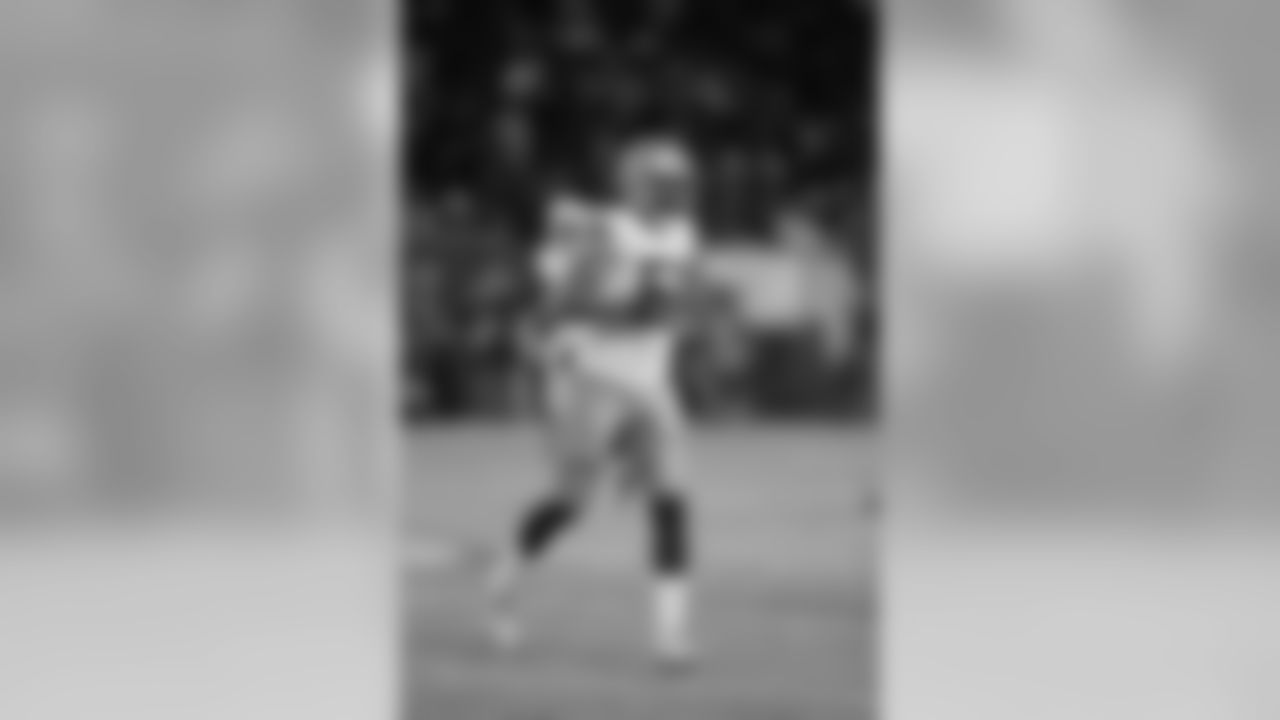
CB MORRIS CLAIBORNE
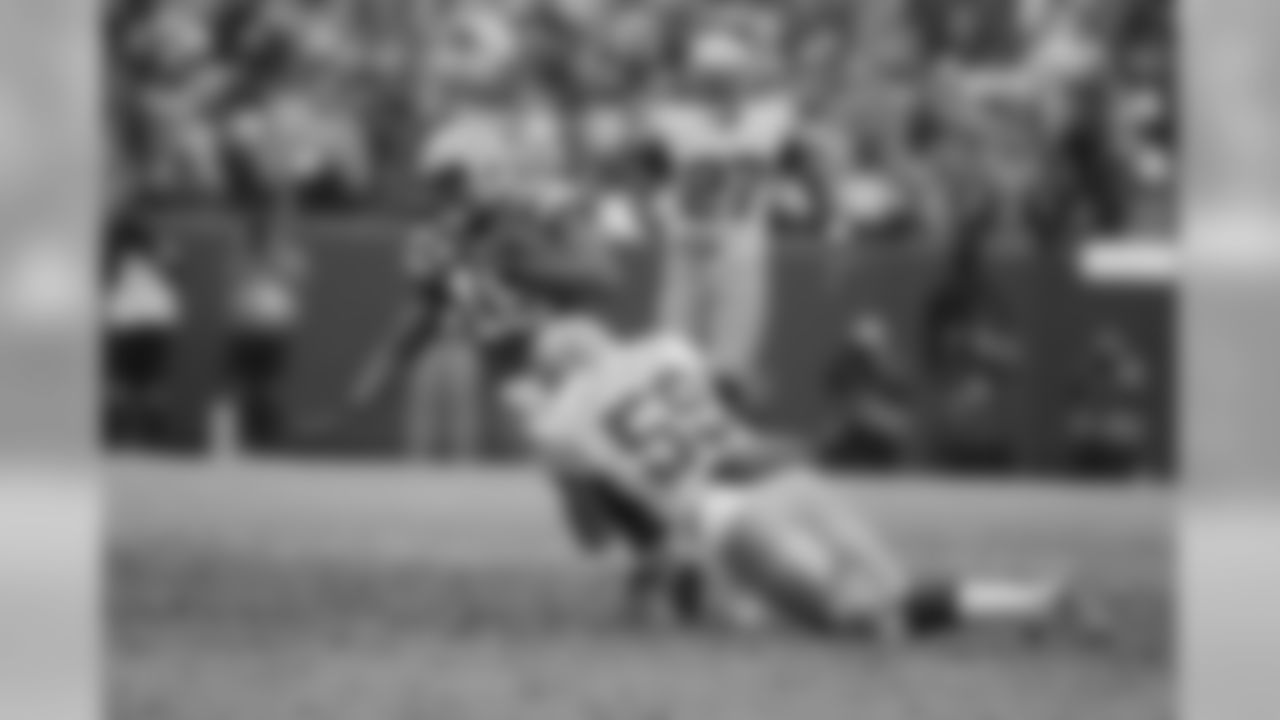
LB ANTHONY HITCHENS
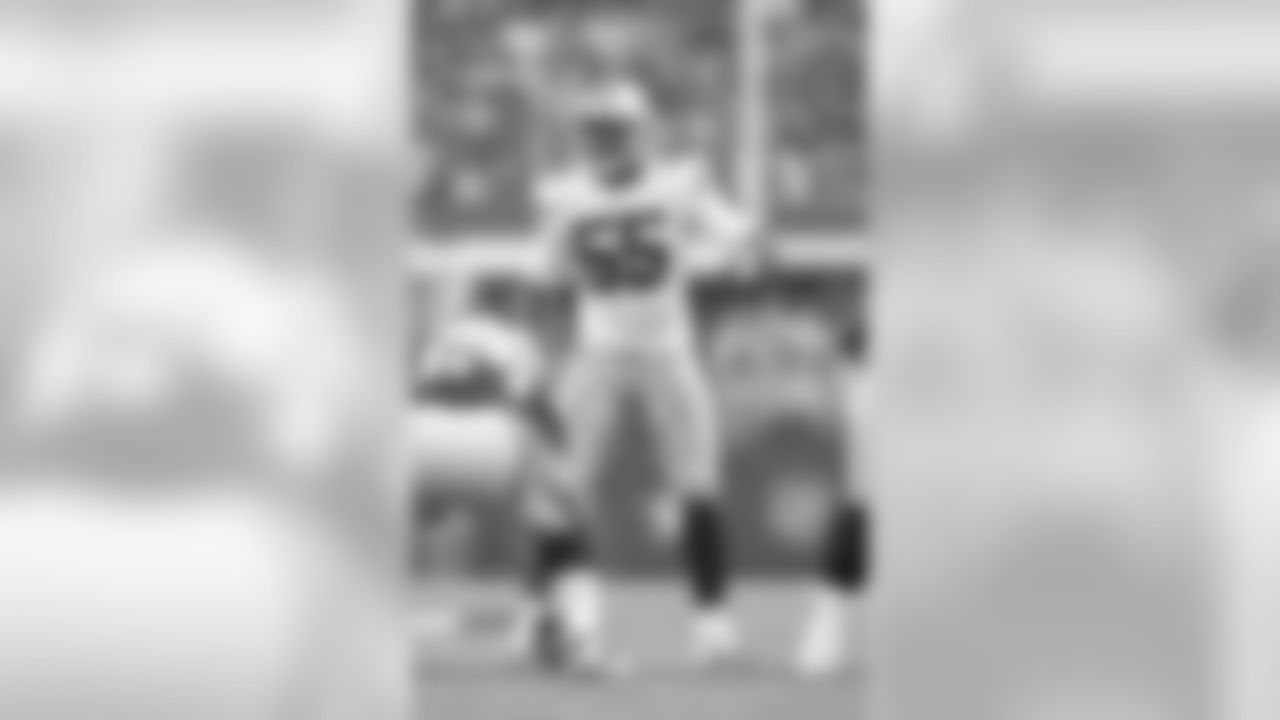
LB ROLANDO MCCLAIN
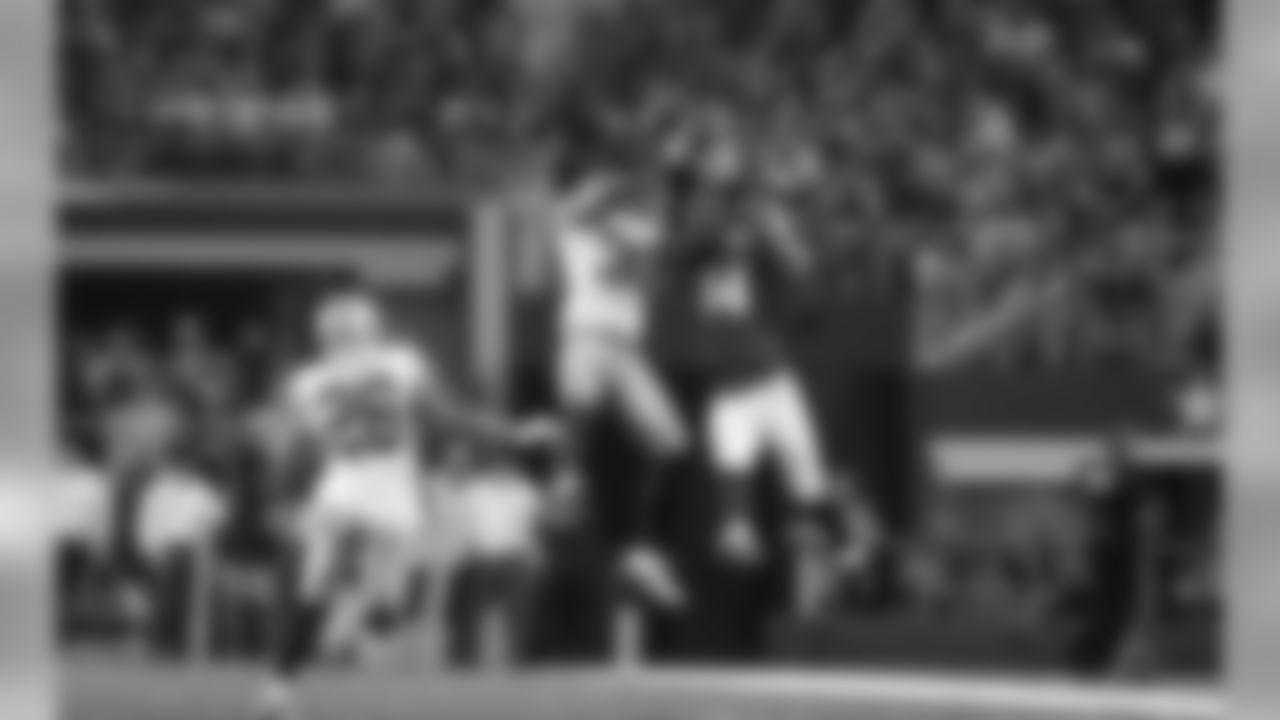
CB BRANDON CARR
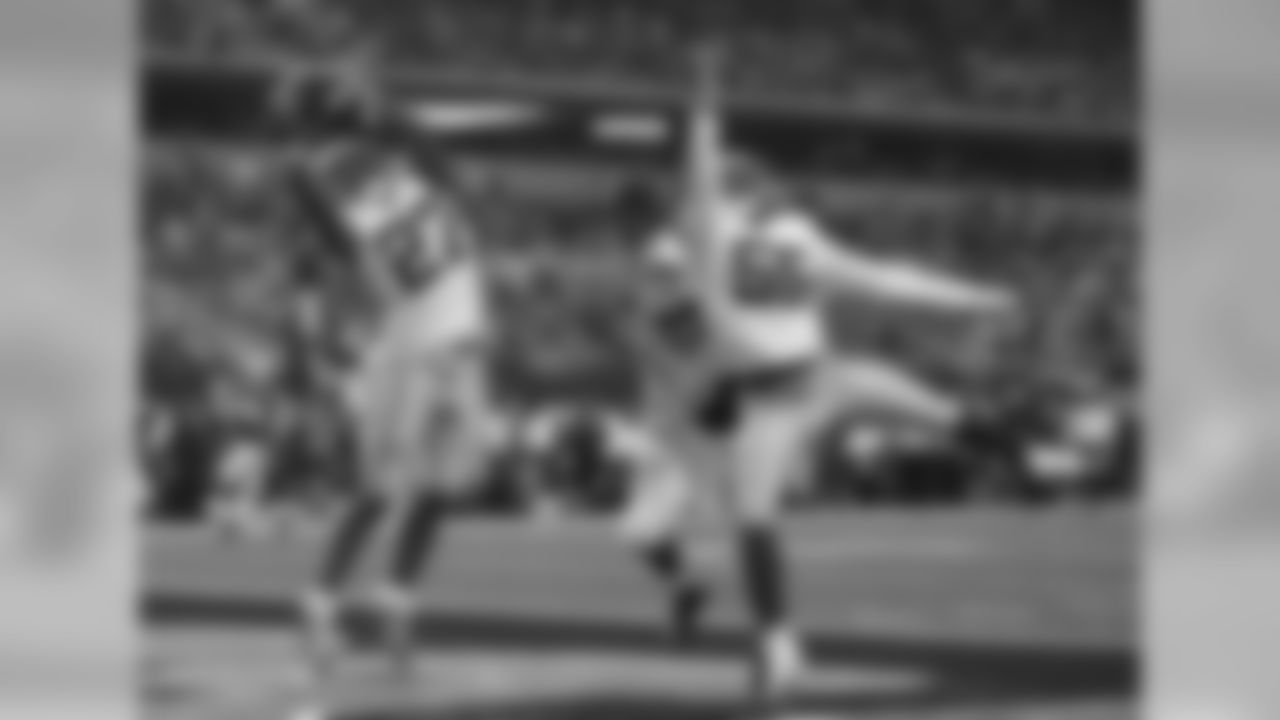
FS J.J. WILCOX
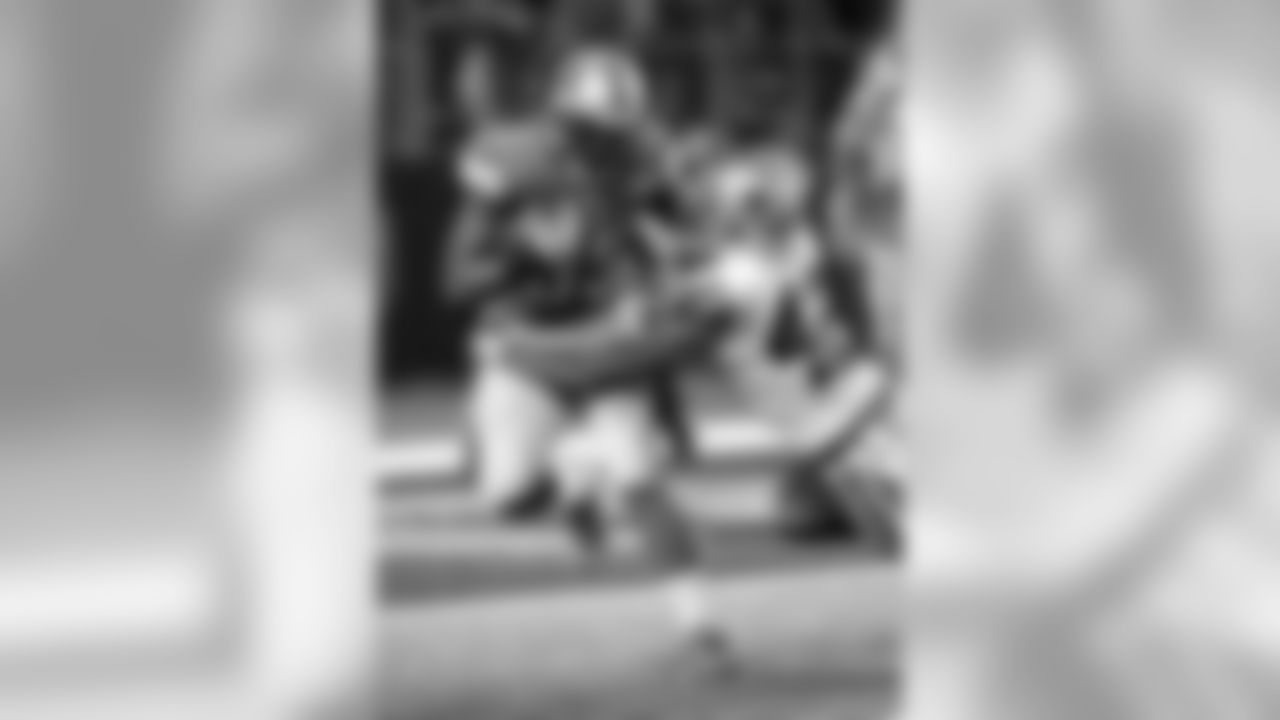
SAFETY BARRY CHURCH

KICKER DAN BAILEY

PUNTER CHRIS JONES
Q: It might have been the most insignificant penalty of the night, but have you ever seen a kicker called for a false start as Josh Brown was on an extra point attempt in Philadelphia?
Coughlin: "Insignificant or not, it happened, and it happened because the timing was messed up between the snapper and the kicker."
Q: I said it's insignificant because he made the extra point.
Coughlin: "That's true."
Q: But I'd never seen the kicker called for a false start before.
Coughlin: "I've seen it. A lot of times they don't call it, they just let it go. They let it go because you'll see the kicker kind of hesitate."
Q: You haven't seen Matt Cassel in a long time. I know you've done a lot of work on him, but do you expect the Cowboys to basically stick with what they've been doing offensively?
Coughlin: I don't think that changes what they do. Listen, without (Tony) Romo and without (Dez) Bryant, they're averaging 350 yards a game. If you look across the board, they pretty much smight an average of 25 to 28 points every quarter. It's consistent. The other guy is scoring 51 points in the fourth quarter. They're giving up about 10 points per game in the fourth quarter, if you want to add overtime. So they're not going to change. "They have all kinds of weapons. (Jason) Witten is the number one receiver, number two is Cole Beasley, they're going outside to (Terrance) Williams. They still have their offensive line. (Running backs Joseph) Randle and (Darren) McFadden are good players."
Q: With (defensive ends) Greg Hardy and Randy Gregory, the Cowboys' defense is going to challenge you on the edges. And they have Rolando McClain back, too, so you're seeing a different defense than you did opening night."
Coughlin: "The front is unleashed, that's how they play. They penetrate, they penetrate, so the challenge is there. There's no question that last week it wasn't good enough. So guess what? Here you go again, line up and let's see. Let's see. Respond to the challenge. You put that at the top of the article. Respond to the challenge."






